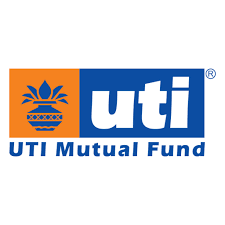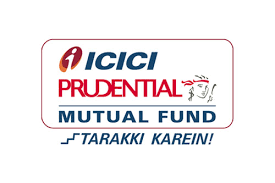Mutual Funds investment is a procedure followed by mutual fund companies in which the money of investors is invested in stocks, bonds and short term debt. The amount of investment, invested by single investor is distributed in pre-decided different sectors of market to diversify the risks and to earn maximum returns, this diversified investment is also known as Portfolio. This Portfolio is managed by the highly skilled fund managers which are hired by the mutual fund companies. These experienced fund managers study market fluctuations and do high level research on the data before making any move. Because of this risk management Mutual Funds have always emerged as a most profitable investment in long term. In today’s time when bank interest rates are being slashed down regularly, investors should divert their focus to mutual funds, only with the advice of their financial advisor as advisors take the first step towards mutual fund investments, they choose the right company and right scheme from thousands of schemes and create personalised portfolio as per the nature of investor.
1.When an investor decides to invest a particular one time amount in a mutual funds scheme, it is known lump sum investment and units are allotted on the basis of that amount only.
Benefits -
a)Investor can utilize any big amount earned in short time like bonus, overtime or reward.
b)Easy to keep the track of invested amount.
c)Not bound to invest monthly.
d)Maximum benefits of units are earned when market is good for buying.
When investor is more comfortable in investing regular monthly amount rather than any big amount in one time he can choose SIP mode where every month an amount is invested in mutual funds directly from his account. SIP can be stopped and resume any time on the demand of customer.
2. Benefits
a)Convenient investment.
b)SIP automatically corrects units as per the current market.
c)Don’t need to worry about market fluctuations.
d)Very efficient way to save some amount from monthly income.
e)Much greater returns than bank savings account.
3. Fire – Damages caused to your vehicle due to fire, are covered up to the IDV of your vehicle.
4. Natural Disasters– Damages and losses caused by such as floods, earthquakes, landslides or cyclones.
5. Third Party Claims – In cases charges are levied by seconds party involved in accident with you.



















